November 26, 2018
You’ve heard of “superfoods,” right? Superfoods are nutrient-rich foods that are considered to be beneficial for health and well-being. While there’s no scientific or official definition of what a superfood is, the status is typically given to foods that offer high amounts of nutrients that can help prevent diseases. But what nutrients are needed to ward off cold and flu this winter?
Immune-Boosting Nutrients
Think of your immune system as a superhero. The immune system protects your body from harmful invaders, much like the bad guys in your favorite comic book. Your immune system is the most complex system in the human body and it is made up of different organs, cells, and proteins. All these different parts work together to ward off germs that can make you sick.
And not only that, the immune system has an incredible memory, one of its many super powers. The immune system is able to recognize millions of different threats and fight them off. It then memorizes each threat and is able to detect them and spring into action the next time they try to invade.1
Depending on what you eat, you may be unknowingly sabotaging your immune system heroes, though. Why? Because poor nutrition can lead to decreased immunity by suppressing the immune system.2 However, regularly consuming foods with vitamins C, E, and beta-carotene can give your immune system the boost it needs. And while vitamins and minerals in pill form can certainly offer great nutrients the body needs, it's even better to get them from natural sources, like fruits, veggies, and – you guessed it – superfoods. So pull out your pen and paper because we’re writing our grocery list of the top five nutrient-packed superfoods to put in your grocery cart this winter.
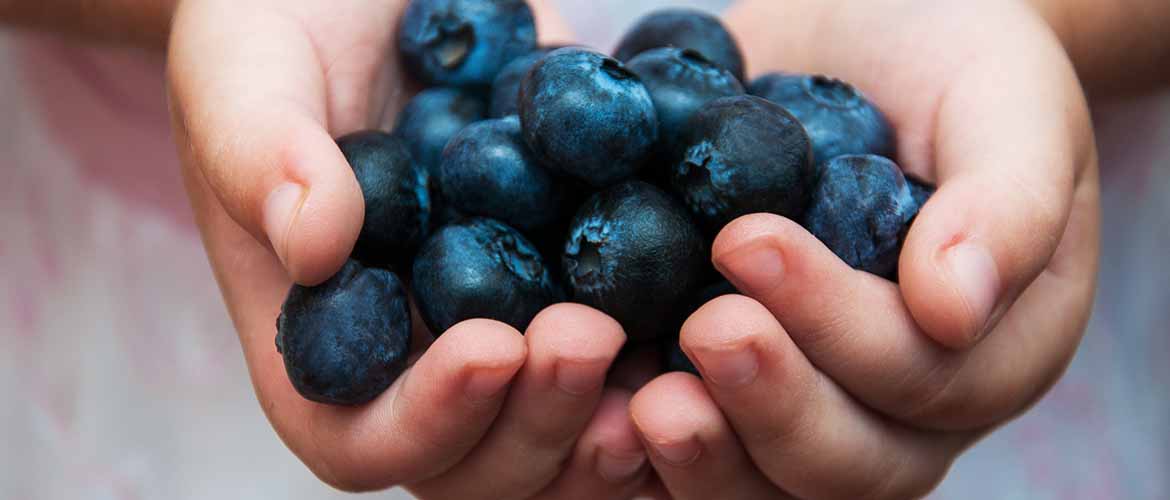
1. Blueberries. Typically thought of as a summer treat, you don’t have to stop enjoying blueberries as soon as the snow starts to fall. Whether they’re fresh or frozen, one cup of blueberries can provide up to 24 percent of a person’s recommended daily allowance of vitamin C. Not only that, blueberries are said to have the highest capacity of antioxidants of all common fruits and vegetables. Not sure what antioxidants are? If you think back to your comic books, antioxidants act like a counterattack. They are chemicals in your body that band together to fight free radicals – another type of villain. Free radicals ignite an oxidation process that damages cells in your body and the genetic material inside of them. Antioxidants stop free radicals in their tracks with their "counterattack" when they’re searching for cells, or they break them down so they’re no longer a threat. So in this case, bring on the blues.
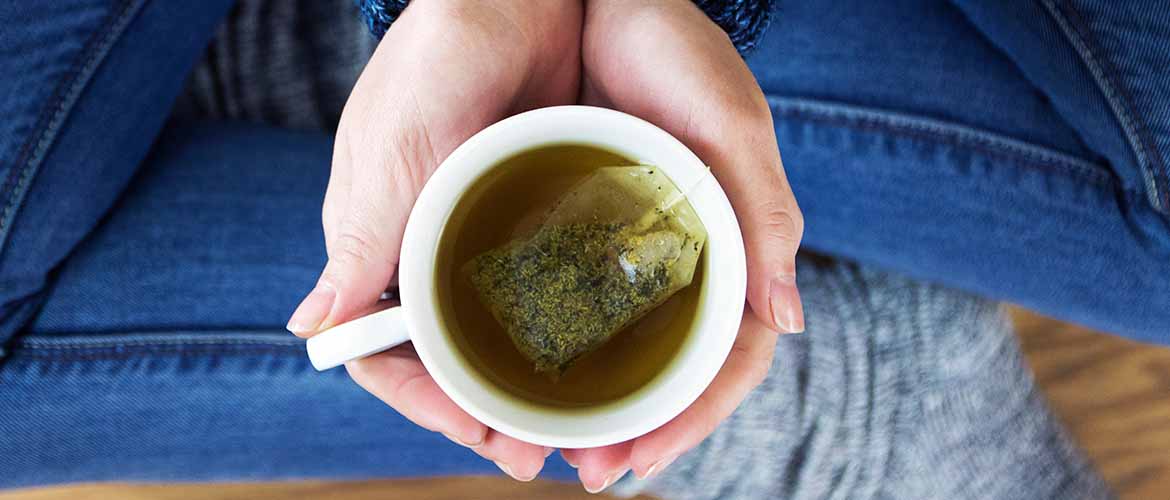
2. Green Tea. What’s the deal with green tea? Not only is it warm and cozy, but green tea also contains catechins. Cat-a-what? Catechins are antioxidants that have been shown to have strong anti-influenza activity.3 Afternoon tea, anyone?
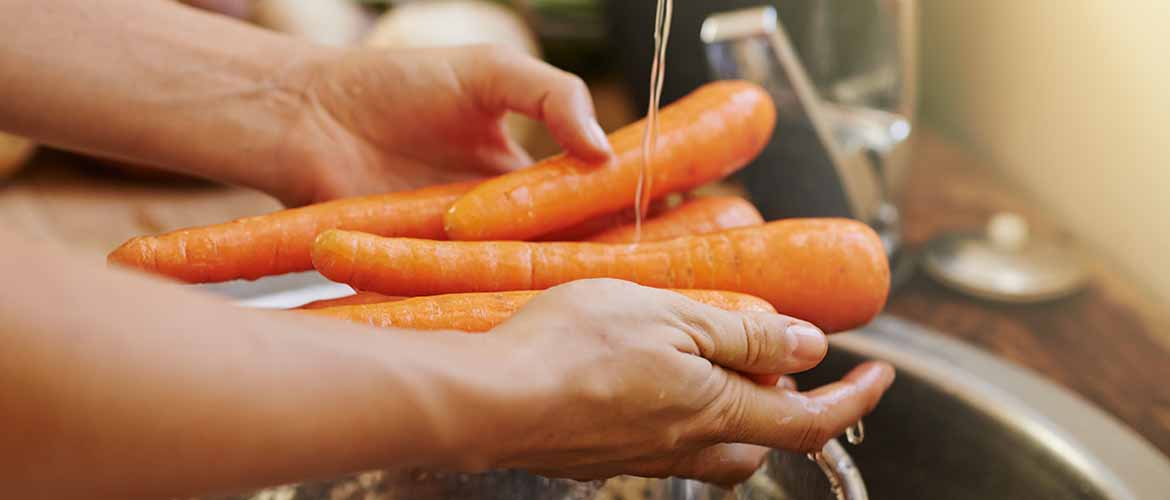
3. Carrots, Sweet Potatoes, and Pumpkin. Don’t put away those pumpkin pie recipes just yet! These three vegetables are packed full of beta-carotene. Your body converts beta-carotene to vitamin A, which signals your body to create more white blood cells which help to fight off infection. As an added bonus, vitamin A also helps to maintain healthy mucous membranes that work to trap and fight off germs.
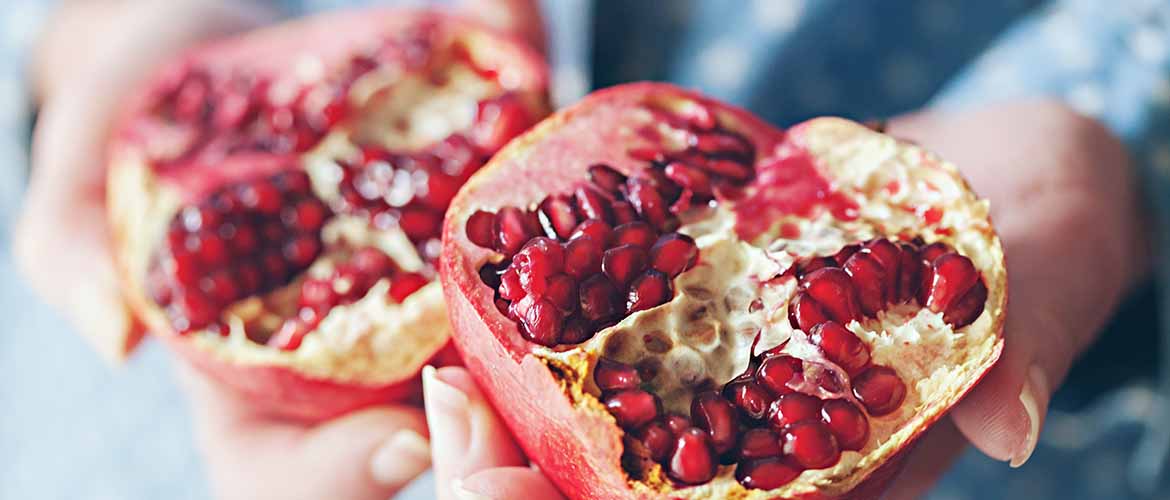
4. Pomegranates. These little ruby seeds may look too pretty to eat, but you’ll reap the benefits if you do. Pomegranate arils, aka the little seeds, are full of antioxidants and anti-inflammatories that can help to prevent colds and aid in lowering blood pressure and cholesterol. Top your morning oatmeal with these gems for a pretty and powerful meal.
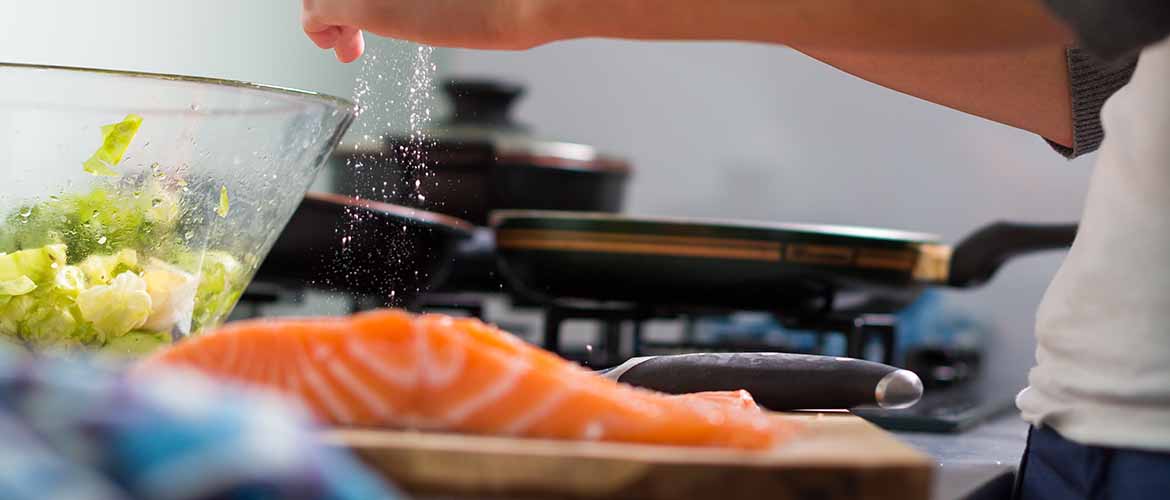
5. Salmon. There may be plenty of fish in the sea, but salmon should be on the menu more often this winter. Consuming salmon encourages the production of lymphocyte cells in the body. Lymphocyte cells are a type of white blood cell that is part of the immune system. There are two types of lymphocytes: B cells and T cells. B cells produce antibodies that attack invading bacteria, toxins, or viruses. T cells, on the other hand, destroy cells in your body that have been taken over by viruses.
Whether you enjoy a warm mug of green tea or incorporate sweet potatoes into your favorite chili recipe, don’t miss out on adding these powerful foods into your rotation this winter. And of course, always talk to your doc before changing up your diet.
References:
1 IQWiG: How Does The Immune System Work? Last Updated September 21, 2016. Accessed October 9, 2018.
2 Journal of Obesity & Weight Loss Therapy: The Effect of Nutritional Elements on the Immune System. Last Updated November 29, 2012. Accessed October 9, 2018.
3 Poultry Science: Anti-influenza Virus Activity of Green Tea By-products in Vitro and Efficacy Against Influenza Virus Infection in Chickens. Last Updated January 2012. Accessed October 9, 2018.
